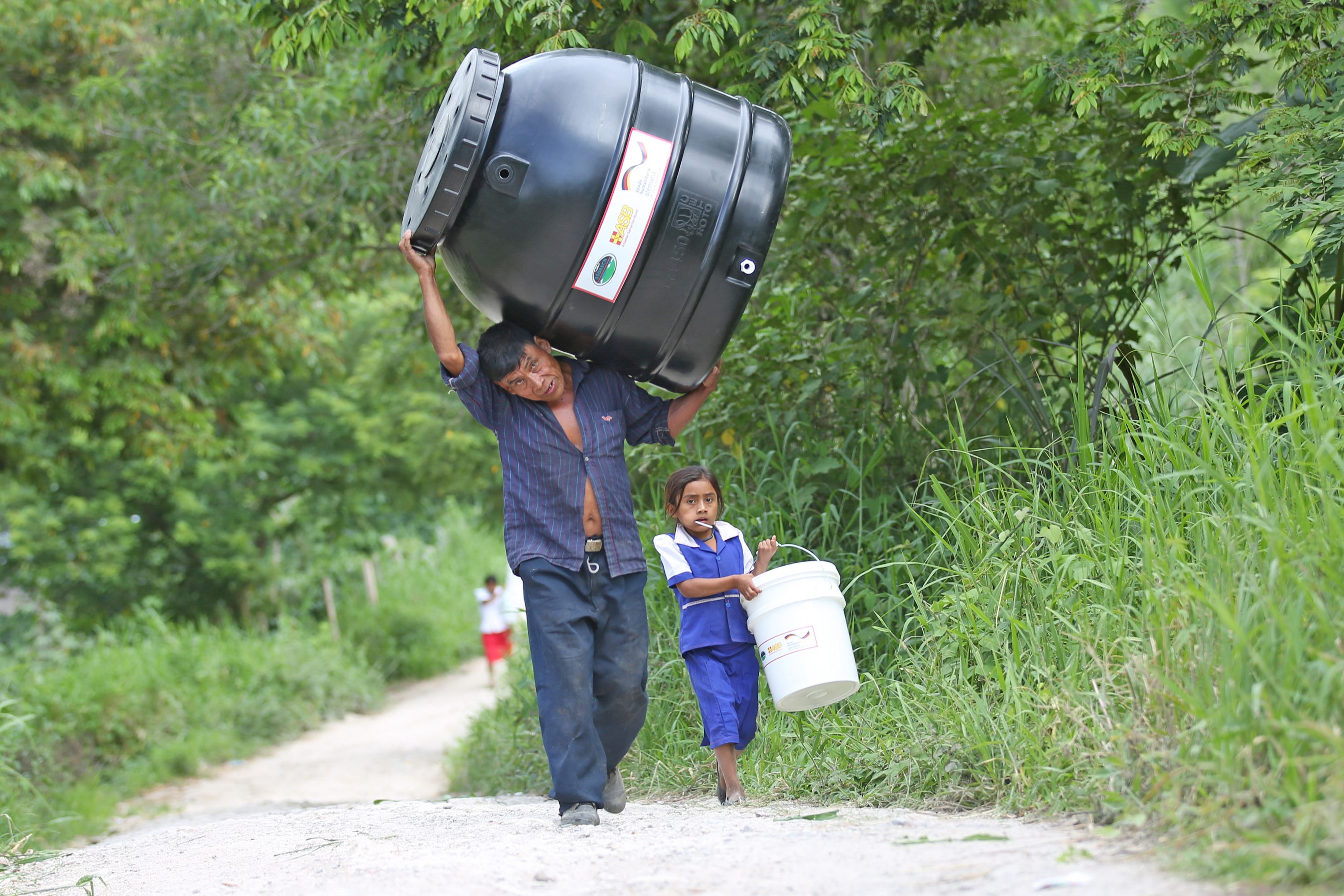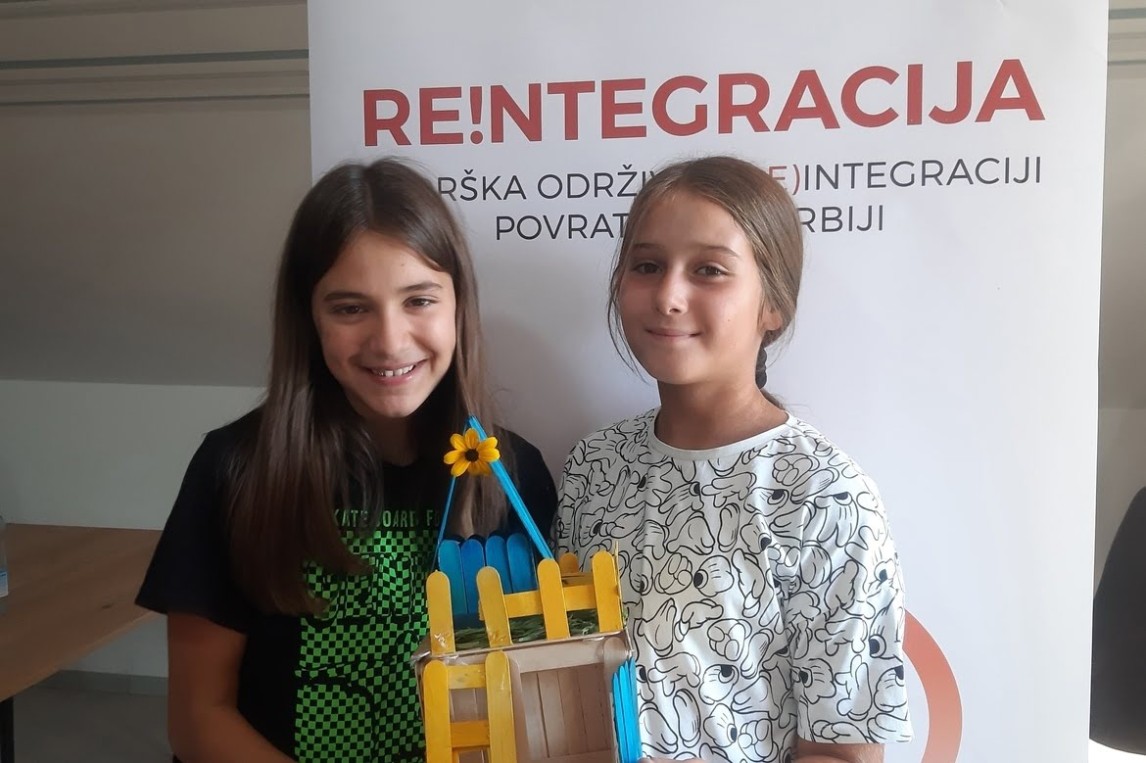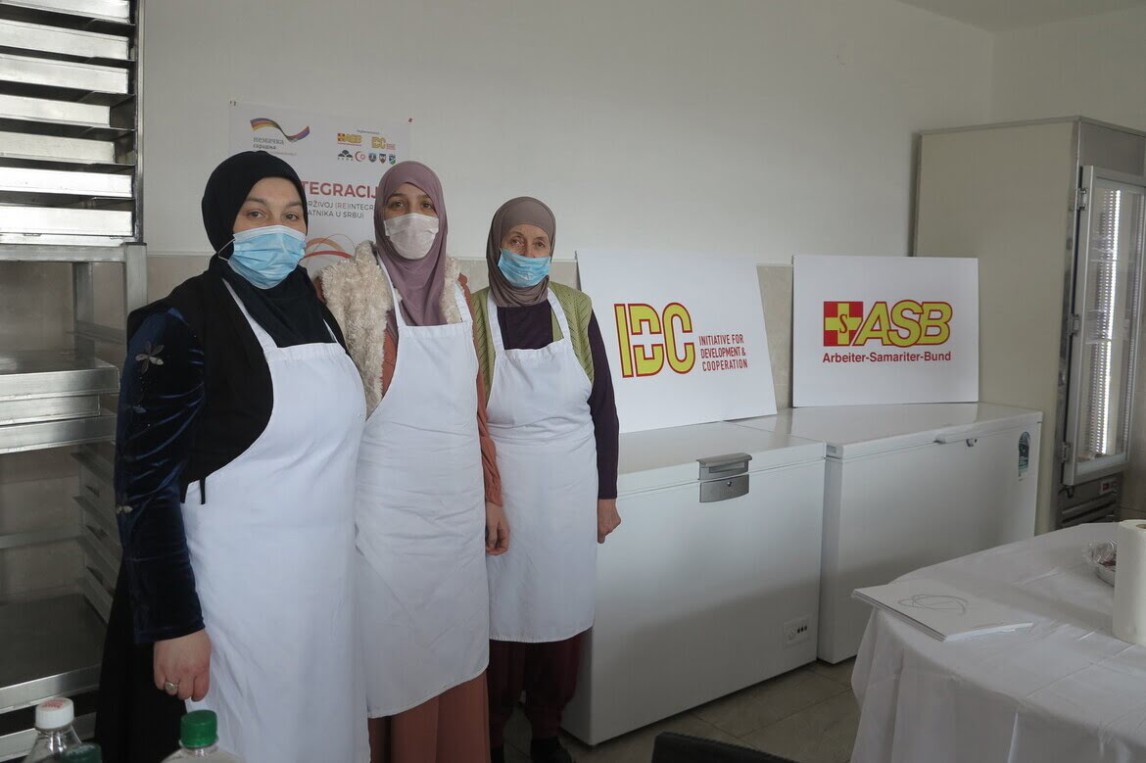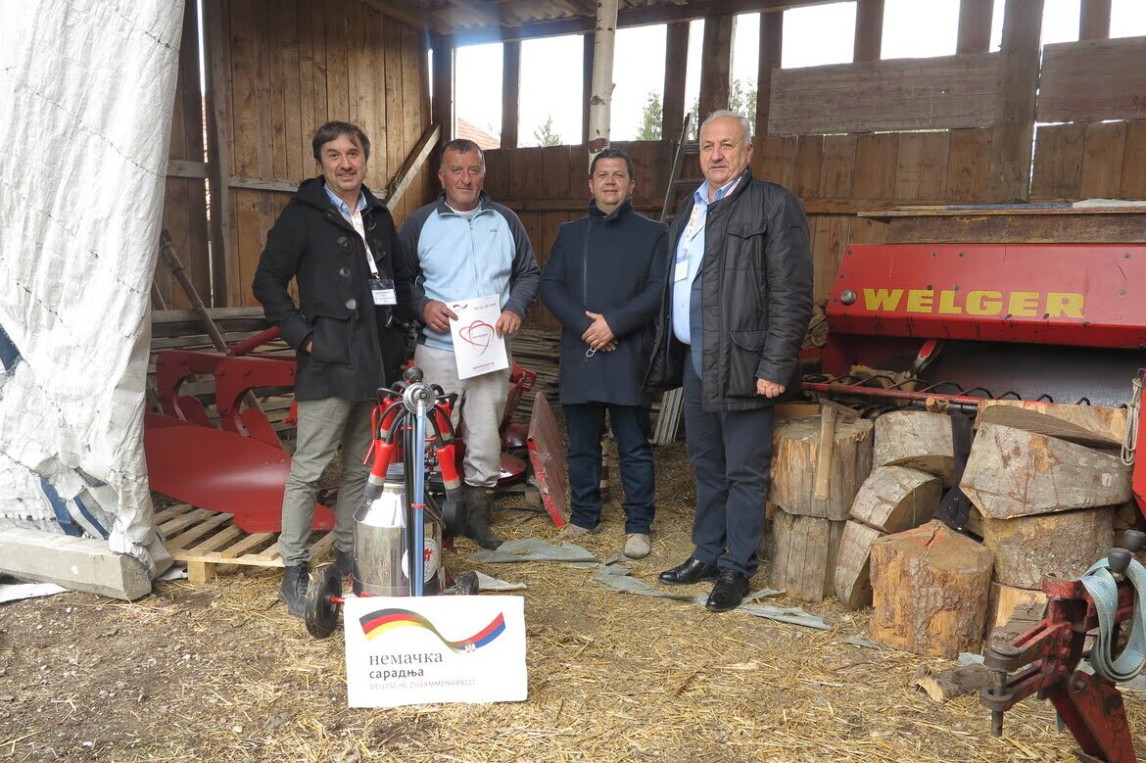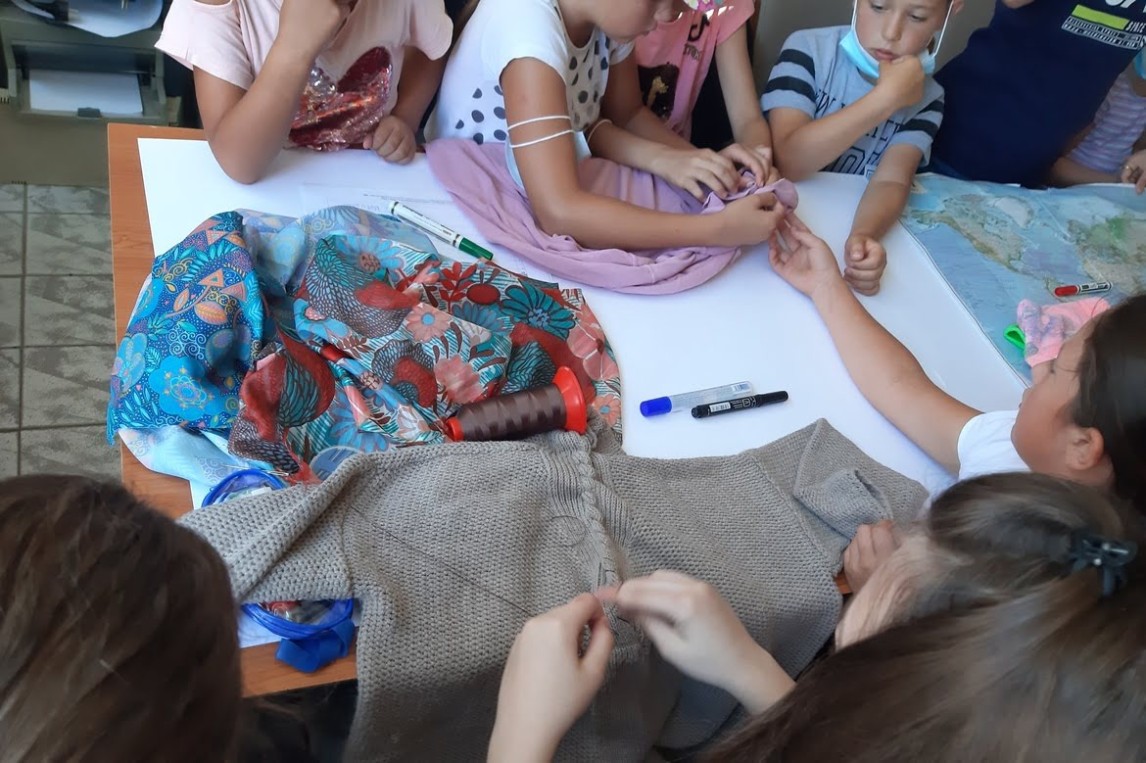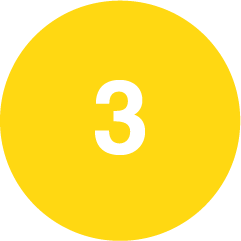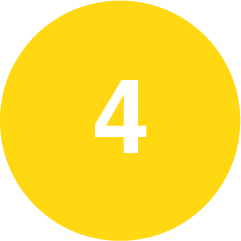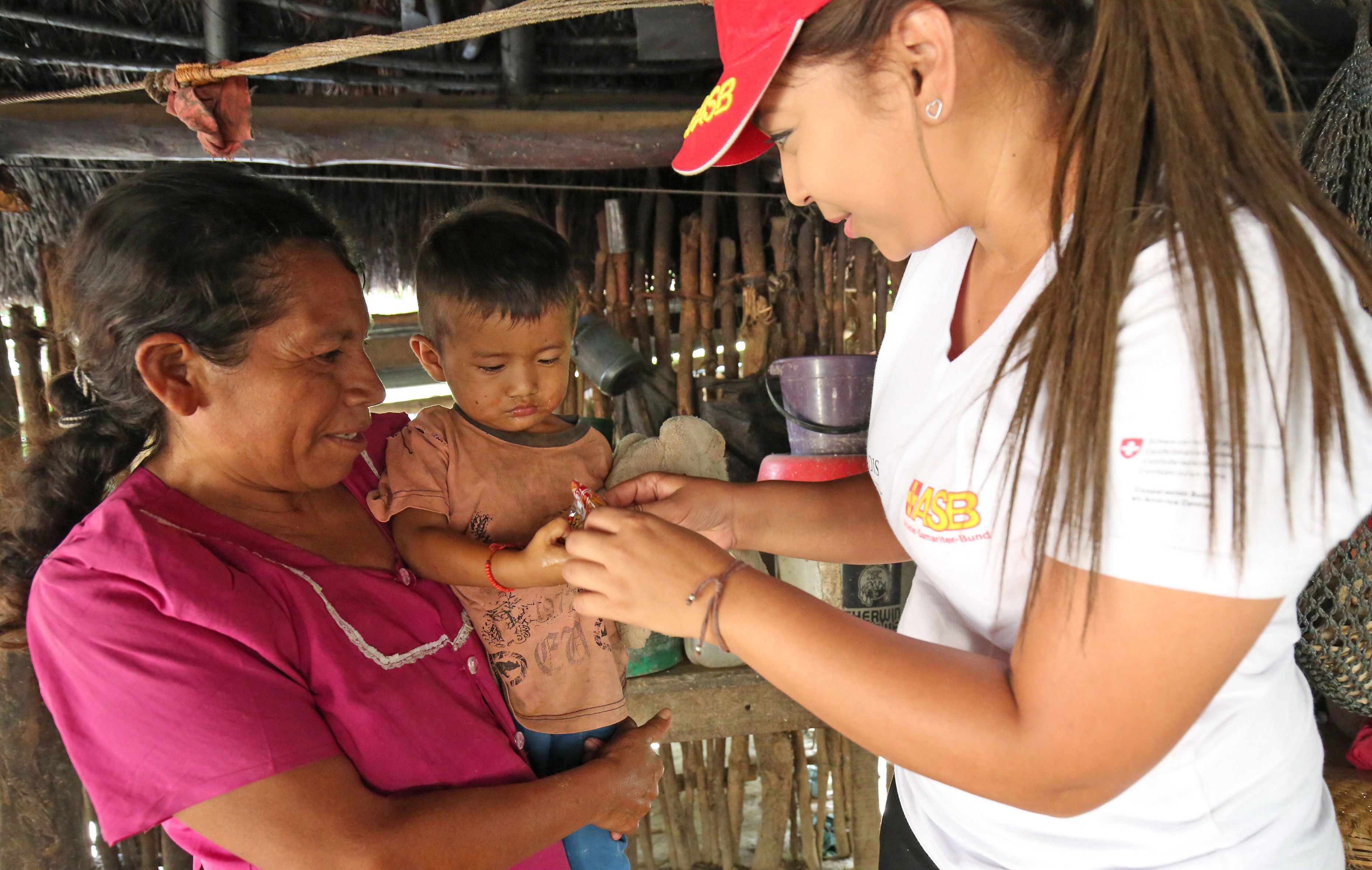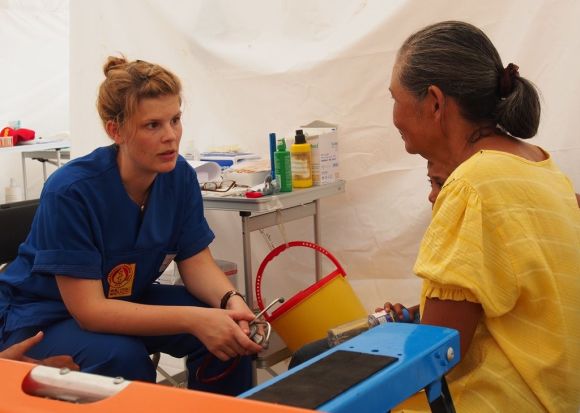-

Project title: RE!NTEGRATE – Support for sustainable (re-)integration of returnees in Serbia (phases 1 and 2)
-

Project region: Central and southern Serbia
-

Financing: ASB, Federal Ministry for Economic Cooperation and Development (BMZ); local communities in Serbia
-

Project volume: € 3,448,487.01
-

Duration: 2019-2021 (phase I) and 2022-2025 (phase II)
-

Target group: Returnees from EU countries and local vulnerable populations in central and southern Serbia (phase 1: Raska region; phase 2: Raska region, Rasina region, Pirot region)
